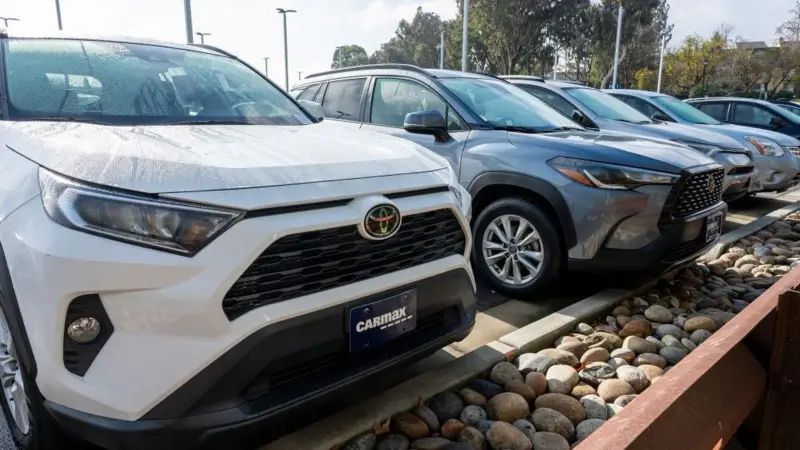President Donald Trump has announced a sweeping 25% tariff on all foreign-made cars entering the United States, marking a significant escalation in global trade tensions.
The tariffs, which will take effect on April 3, aim to boost domestic auto manufacturing but have already sent shockwaves through the global automotive industry. The move effectively ends decades of free trade agreements that allowed Canada, Mexico, and the U.S. to operate as a unified auto market. “If they’re made in the United States, it’s absolutely no tariff,” Trump said during the signing of the executive proclamation in the Oval Office on Wednesday.
The tariffs will also apply to auto parts, including engines and transmissions, beginning May 3. However, parts from Canada and Mexico that meet U.S.-Mexico-Canada Agreement (USMCA) requirements will be temporarily exempt until U.S. Customs implements a system to identify non-compliant parts. The move has already triggered strong reactions from international leaders. Canadian Prime Minister Mark Carney called the tariffs a “direct attack” and warned of possible retaliatory measures, while South Korea’s trade minister, Ahn Duk-geun, said the move would create “significant challenges” for automakers reliant on U.S. exports.
The financial impact was immediately visible, as stocks of major automakers tumbled after the announcement. Shares of General Motors (GM) plunged over 7% in after-hours trading, while Ford (F) and Stellantis (STLA) each dropped more than 4%. Asian automakers also faced declines, with Toyota, Honda, and Nissan stocks all slipping. European Commission President Ursula von der Leyen condemned the tariffs but said the EU would hold off on announcing retaliatory actions for now.
The tariffs are expected to drive up car prices for American consumers, as nearly half of the 16 million vehicles sold in the U.S. last year were imports. Analysts predict that production costs for U.S.-built vehicles could rise by $3,500 to $12,000 per car due to the higher costs of imported parts.
The tariffs could also reduce the availability of affordable vehicle options, particularly lower-cost models built in Mexico, such as the Chevrolet Blazer and Honda HR-V. Some automakers may even discontinue models rather than shift production to the U.S., a costly and time-consuming process.
While Trump argues the tariffs will strengthen American manufacturing and create jobs, critics warn they could have unintended consequences. The U.S. exports nearly one million vehicles annually to Canada and Mexico, and potential retaliatory tariffs from those countries could hurt American automakers.

Additionally, U.S. auto parts suppliers, which export billions of dollars in components to Mexico and Canada, may be forced to cut production and jobs if demand declines. With key trading partners considering countermeasures, the tariffs could set the stage for a prolonged trade war that disrupts the global automotive industry.








